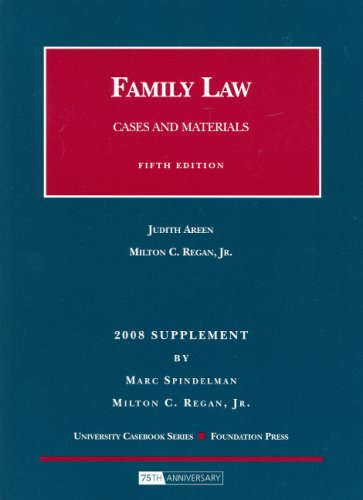Answer the following questions for a divorce action after examining your statutory code and your court rules.
Question:
Answer the following questions for a divorce action after examining your statutory code and your court rules.
a. Who can be deposed? When must a deposition be requested? How must the request be made? Write your response in step 19 at the end of the chapter.
b. Are there any restrictions on the use of depositions in divorce actions? Write your response in step 20 at the end of the chapter.
c. When and on whom can interrogatories be filed? Write your response in step 21 at the end of the chapter.
d. When must interrogatories be answered? Write your response in step 22 at the end of the chapter.
e. When can a request for admissions be made? Write your response in step 23 at the end of the chapter.
f. When will a court order a physical or mental examination? Write your response in step 24 at the end of the chapter.
g. What sanctions can be imposed if a party improperly refuses to comply with valid discovery requests? Summarize your response in step 25 at the end of the chapter.
Step 19 Who can be deposed? When must a deposition be requested? How is the request made? Citation:
Step 20 Are there any restrictions on the use of depositions in divorce actions? Citation:
Step 21 When and on whom can interrogatories be filed? Citation:
Step 22 When must interrogatories be answered? Citation:
Step 23 When can a request for admissions be made? Citation:
Step 24 When will a court order a physical or mental examination? Citation:
Step 25 Summarize the sanctions that can be imposed if a party improperly refuses to comply with valid discovery requests.
Step by Step Answer:

Null Family Law Cases And Materials
ISBN: 9781599415741
5th Edition
Authors: Judith Areen , Milton C Regan





